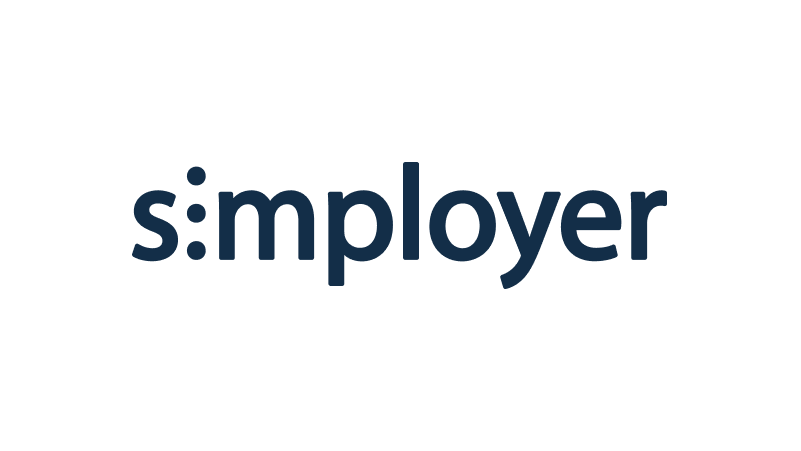Worlds collide when some people show up to the office barefoot and others come in suits. Dennis Winter is familiar with this from his time as chief technology officer at Solaris, a German fintech company that provides its customers with an embedded finance platform.
Solaris operates in eight locations and has over 700 employees, 250 of them coming from the tech sector. As the former CTO, Winter also acted as an intermediary between tech and finance teams. He believes it is important to bring together the strict regulations of the financial world with the technology sector’s speed and innovative strength.

“Automation has been part of software development in general for many years. Solaris is building on this, and is also using automation to implement regulatory requirements.”
Using technology to efficiently implement legislation
The financial sector operates very differently from the tech industry: on one hand, it’s all about security, risk assessment and regulations, while on the other, it’s about innovation and creativity. Yet it’s possible to combine the best of both worlds, because both sectors are extremely dynamic—this applies both to the strict requirements in the financial industry and to technology.
Solaris has its own process that is set up in parallel with the legislation and ensures that all products go through the same regulatory processes. To this end, the company has created standards whose compliance is already ensured by technically defined guiding principles, so they fit seamlessly into the automation processes in product development.
“Automation has been part of software development in general for many years. Solaris is building on this, and is also using automation to implement regulatory requirements,” says Winter. For instance, legislation stipulates that all changes must go through an expert technical inspection with every rollout. Solaris achieves this via automation. “This means that every change in the code can be tracked in one go, including who entered it and who gave it their expert technical approval,” explains Winter. Solaris would not be able to deliver its speed and efficiency in any other way—the team manages 200 to 250 rollouts every week.
“With Slack, APIs can be connected for incident management purposes.”
Automatically assigning and managing incidents
Slack is a vector for how the company handles and distributes incidents. This applies when issues arise that are not detected by the automated monitoring system. Solaris has written a Slack bot to contact the staff members responsible. All it takes is a command in Slack, and a dialog box appears in which the issue is described. And then in one click, it reaches the relevant colleagues as a ticket. In addition, a special channel is created in Slack that brings everyone involved together in a conversation. This may also be exported for documentation purposes.
This customized process would not be possible using a modular solution. “With Slack, APIs can be connected in the background for incident management purposes,” says Winter, “and no ready-made add-ons are required. This provides significant support for these already complex systems.”
All cultures are equal when it comes to onboarding
At Solaris, finance and tech teams not only bring together differing working methods, but also different cultures. On the first day, at least from the way the company handles onboarding, this is not noticeable—all new colleagues receive training on regulations.
“In one company, there are two cultures with a deep divide between them. Everyone develops through daily interaction and learning together,” says Winter. That’s why the developers often sit next to those responsible for the manual steps, so that they can really understand an issue. “It’s the job of everyone who has responsibility for staff to continue this cooperation and openness.”
Even though Solaris operates in a strictly regulated sector, there is still openness and room to try things out. “Particularly in a fintech company like Solaris, you need creativity and an ability to think outside the box in order to design solutions that both appeal to customers and comply with regulations,” says Winter. After all, Solaris’s staff share responsibility for looking after people’s money, but they also want to make innovative financial services a reality. The company offers hackathons, for instance, in which its employees are able to experiment with creative solutions.
Three tips
Anyone considering automation in extremely complex, highly regulated industries can learn from Solaris. Winter’s first tip is to identify what exactly needs automating. Here, too, he believes the best approach is to collaborate with others—and he would initially let technicians work for a while in the area that is to be automated.
After that, he recommends starting small, for example with a script, to see what effects can be achieved at that point. In addition, anyone who wants to automate processes needs to examine the process from the ground up—and then set about transforming it.
His third point relates to data and its immense potential. “I think there’s enormous value in it. We shouldn’t see data as a by-product of processes, but rather as the basis for further automation,” he says.













